Self-care in Buddhism
May 16, 2020 1
This cracks me up.
These are the two incomplete cycling workouts from Week 1 of the training plan. That week, I was only able to make it to the end for 1 out of 3 sessions, and was in tremendous pain at the end. It took me three days to recover.
Just three weeks later, these sessions are something I do as a regular warmup, or in between actual workout sessions.
This is not meant as a humble brag. As someone who spent 15 years pretty much avoiding all forms of physical activity, this to me says more about the resilience of the human body than anything else. Its ability to bounce back and self-heal continuously amazes me.
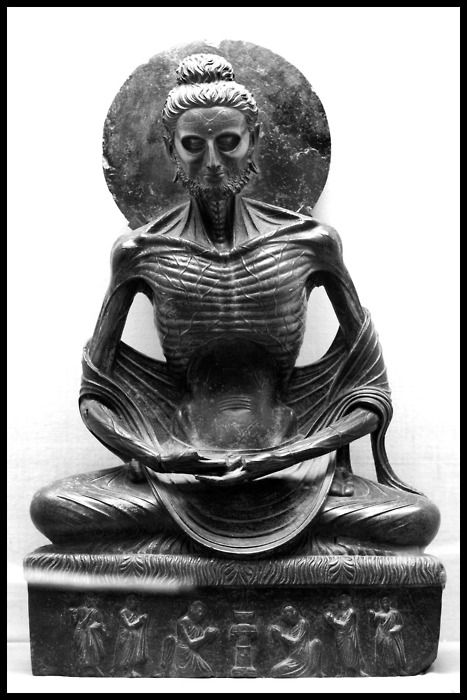
One of Rinpoche’s favourite depictions of Shakyamuni, known as the Fasting Buddha. Click on the image to learn more about the deep meaning behind this depiction.
Why bring this up? For those of you familiar with the Buddha’s story, you will know that as Siddhartha, he spent six years practising extreme asceticism. He grew so weak and faint, he was at the point of being unable to continue with his practice. His emaciated appearance even led to him being mistaken for a demon. It was only upon receiving an offering of kheer (some say curd) from the milkmaid Sujata that Siddhartha’s strength was restored and he was able to resume his practice.
From this, Siddhartha realised the importance of balancing between the extremes of self-indulgence and self-mortification, later developing into the Buddha’s teachings on the Middle Path.
But hang on Pastor Jean Ai! Aren’t there beings who can and do appear to be outwardly neglectful of their bodies? Sure, attained meditators with full control of their channels, winds and drops. But let’s not kid ourselves – if you are reading this, chances are you do not have that ability. (Can you ALWAYS stop yourself from farting, burping, coughing in an important meeting? Yeah, didn’t think so!)
So for us ordinary, unenlightened folk without the ability to control our winds, neglecting our body is spiritually irresponsible, as is absolute devotion to its appearance or pampering it. Caring for it, whilst walking the Middle Path, is the recommended approach. That means caring for it within reason, with a view to maintaining our health so we can maximise the time we get to accumulate merits.
That, by the way, is also why long-life practices like Amitayus actually exist. We do not engage in Amitayus practice for more time to indulge or reinforce attachments; we do not engage in Amitayus practice as an attempt to stave off our eventual deaths. Instead, our motivation to engage in Amitayus practice should be to gain a long life for more time to accumulate merit and purify karma.
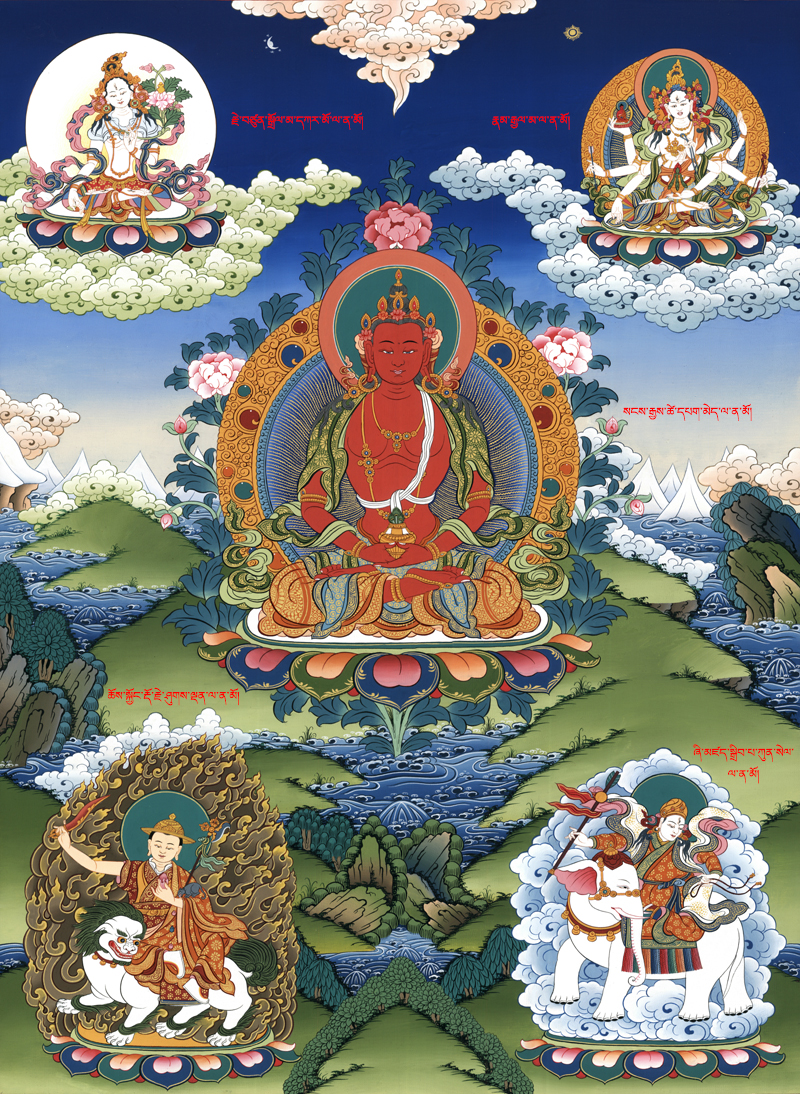
The Buddha Amitayus, one of several long-life deities in Buddhism. Click on the image to learn more about him.
Hence caring for our body, with the aim for enlightenment and without getting attached or neglecting our spiritual commitments, has basis in spirituality. Our human life is precious, and our human body is our vehicle to enlightenment. Animals, pretas and so on cannot gain enlightenment in their present form; an animal, for example, lacks the mental and physical faculties to receive, perceive, comprehend and practise the Dharma.
Without a human body, the fact is enlightenment is simply not possible.
So when we use the buzzword ‘self-care’, what does it really mean? Ultimately, there is no self but at our level, you and I are both deluded into thinking there is one, so let us talk about THAT instead! Self-care in a Buddhist context is not an excuse for reinforcing our selfishness and attachments. Self-care in a Buddhist context is not about going to the spa, getting our nails and hair did, having a ‘me’ day.
When we talk ‘self-care’, it should be a reminder that we have one human body and at the end of our short lives, we are going to lose this precious human rebirth. Real self-care therefore, is ensuring we make the most of our current lifetime, caring for ourselves holistically – body, speech and mind – to give ourselves the best chance of taking another human rebirth to continue our practice.
So self-care in Buddhism? It extends to beyond this lifetime alone, by remembering that whatever gainz~~~ we make to our current bodies will be lost at the moment of our death. Hence making our entire life about that, and ONLY that, is an exercise in futility. Self-care in Buddhism is recognising and taking refuge in impermanence, death and karma, and making our decisions against those measures.
Honestly, did you really think I was gonna talk about anything else? LOL! At the end of the day, you gotta know that that is what it all comes back to, those ultimate truths 🙂
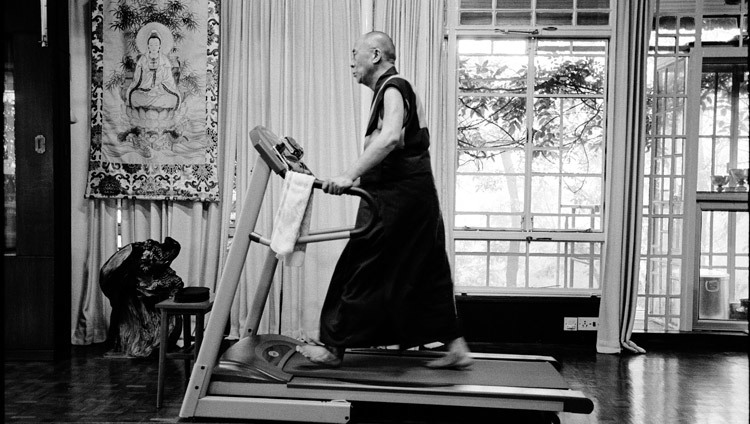
It is well-known that His Holiness the Dalai Lama exercises every day…just Google it! If the weather is good, His Holiness goes for walks. When it is raining, His Holiness uses his treadmill, as seen here in his residence in Dharamsala, India.
One Comment → “Self-care in Buddhism”
Leave a Reply Cancel reply
Recent Posts
Subscribe to Blog
Categories
Archives
Visitors by Country
| Total Pageviews: | 1 |
|---|


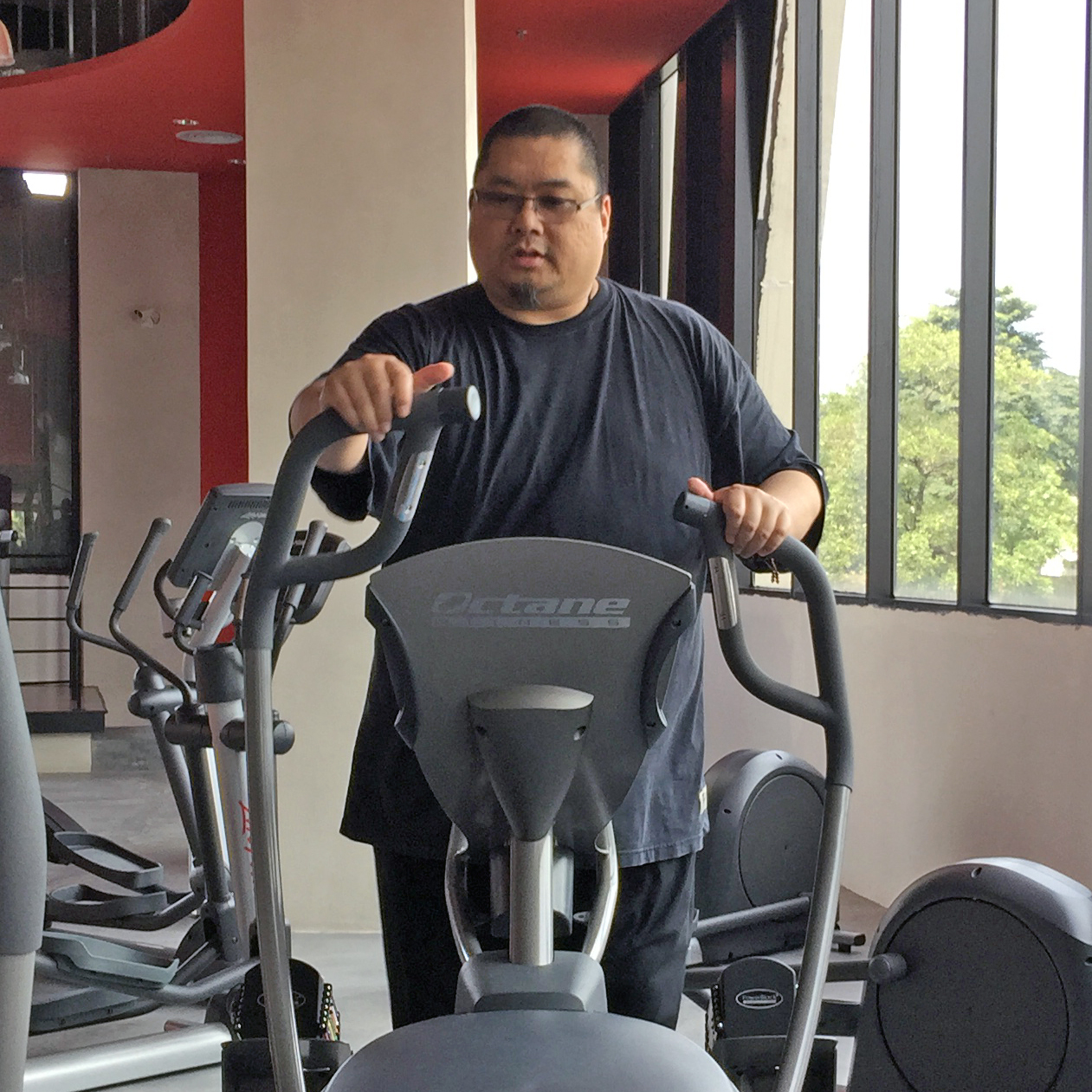
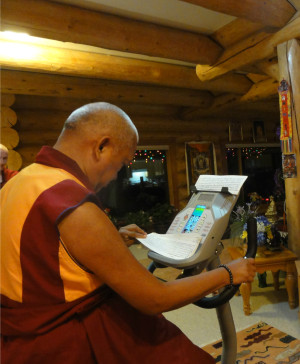
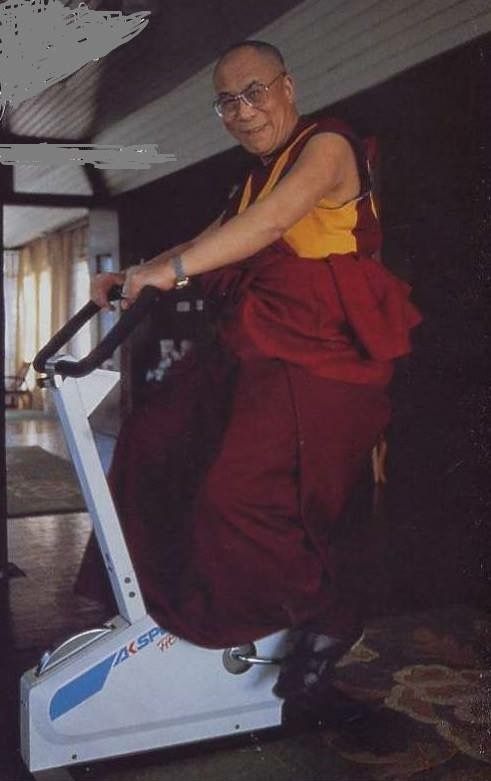
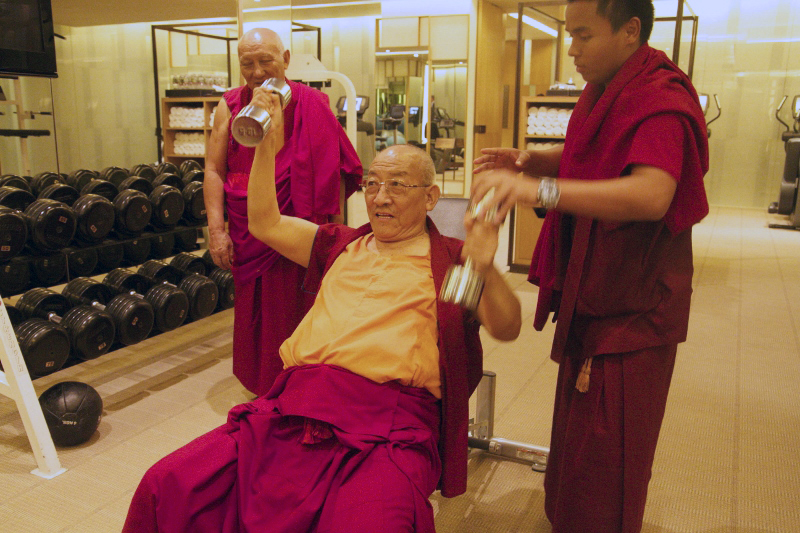
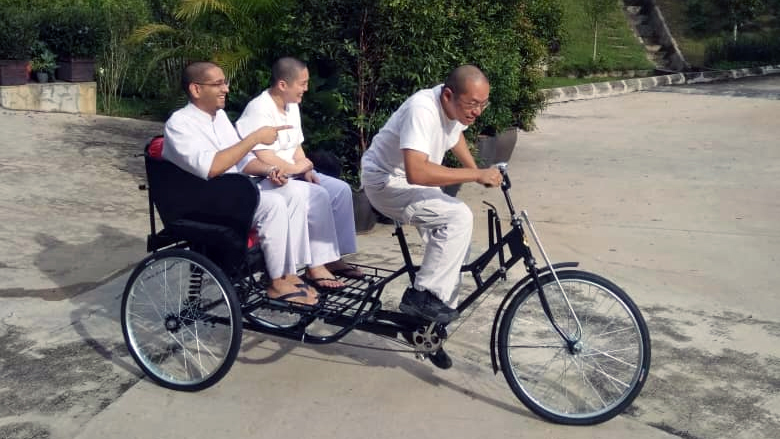


Dearest Jean Ai,
I am so proud of you.
Your unfaltering devotion to His Eminence Tsem Rinpoche motivates and moves so many of our hearts deeply. Thank you for all the wonderful articles you’ve written too. It is an honour to learn what it was like for you to serve Rinpoche closely, the lovely little moments you shared with him and how every word and action of his never deviated, even the slightest bit, from the motivation to benefit others.
I just finished watching the hilarious Kechara’s Baby Jane video, and I was laughing seeing how you couldn’t contain your laughter during the play too – haha!
Wishing you a wonderful week, and remember to take some time to rest as well. A healthy and energised body, like a well-maintained car, can help keep us on the road longer!
Strong yet soft, you possess beautiful, admirable qualities and I will always believe in you.
With love,
Ching Ee 🙂